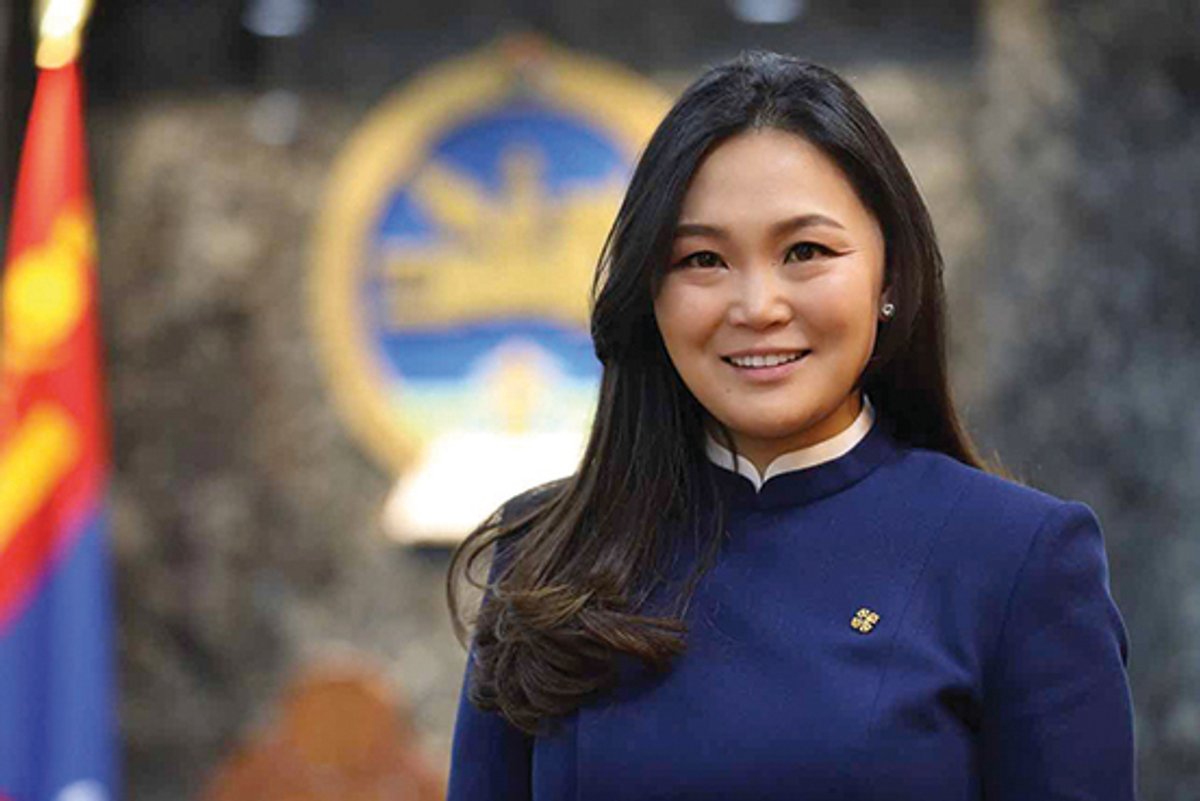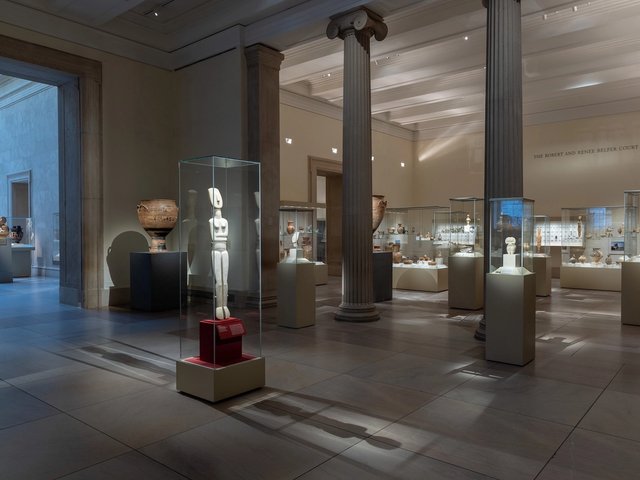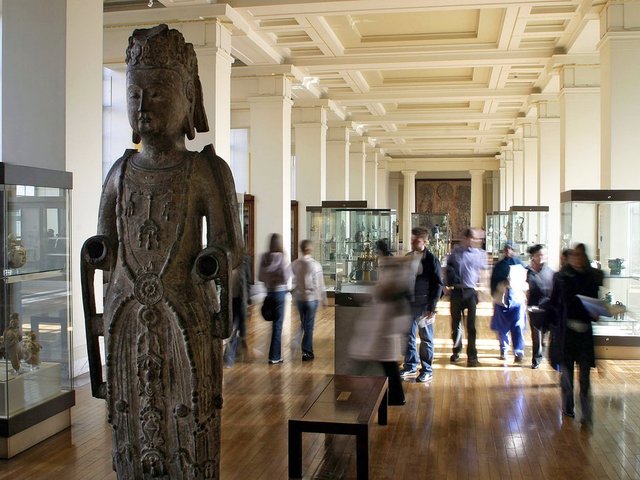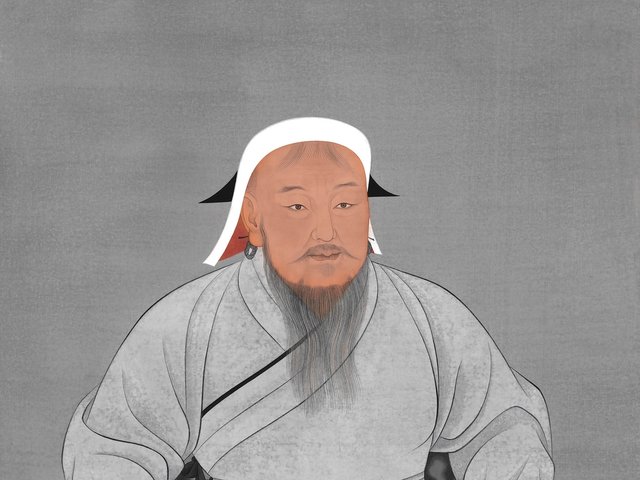The Mongolian government says it has drawn up a list of hundreds of objects held by universities and museums in 34 countries, including the UK and Russia, that belong to the central Asian country and could be repatriated.
A statement issued by the Mongolian government said that hundreds of artefacts, many dating from the early years of Mongolia’s nomadic empire over two millennia ago, are now known to “sit beyond the nation’s borders”. It adds: “Mongolia’s culture ministry is leading the effort to identify and explore the history of Mongolian artefacts, compile details of those which currently lie outside of Mongolia, and make arrangements for their repatriation.”
These include a letter from around 1921 written by the first prime minister of Mongolia, Tögs-Ochiryn Namnansüren, declaring the country’s independence from China’s Manchu Dynasty, at present held at the British Library in London. The library says it has not received any enquiries regarding this item to date.
Restitution research needed
During a visit to the UK in November, Nomin Chinbat, the country’s culture minister, told The Art Newspaper: “What we are asking for at this moment is to create a group to actually research it [the issue of returning works]. To be honest, we actually prefer some of the artefacts to still be in the British Library or the British Museum, if [they are] displayed permanently and represent the country and the period of time, and the memory of the country. This way it gives an opportunity for British people to know about Mongolia.”
“Mongolia does not yet have a research paper identifying the artefacts, as well as the legal aspects linked [to this process],” adds a government spokesperson. Chinbat was appointed culture minister in February 2021; she was formerly a media executive who brought the TV talent show Mongolia’s Got Talent to the country. Mongolia, which was previously under Soviet control, held its first free multi-party elections in 1990; Ukhnaagiin Khürelsükh has been Mongolia’s president since June 2021.
The Mongolian government’s cultural offensive is part of a long-term masterplan called Vision 2050. “This looks at social economic developments, which will allow our middle class to increase. One of the main agendas is to really strengthen our culture and, through culture, strengthen our shared value as a nation,” Chinbat said.
This drive for cultural co-operation was in evidence in the UK after a memorandum of understanding was signed by the government of Mongolia and the Royal Academy of Arts in London to jointly deliver Arts of the Mongol World, an exhibition planned for 2027 that will “showcase art and artefacts from the early years of the Mongol Empire, including some pieces that are priceless or have never been seen before in public”, says a government statement.
During her UK visit, Chinbat also signed an agreement with the University of Cambridge, the home of the Mongolia and Inner Asia Studies Unit, focused on establishing a visiting research fellowship programme exploring the 13th-century emperor Genghis Khan and the Mongol Empire.
She also outlined plans to work with the Hermitage Museum in St Petersburg on identifying disputed Mongolian pieces. “About a 100 years ago there was a historian [Pyotr Kuzmich Kozlov] who travelled to Mongolia and did archaeological excavations; [he] took away an entire timeline of artefacts to Russia for research and restoration purposes and then agreed that they’ll be returned once this is done. Some of the items were returned; unfortunately some of them to this day are still in Russia at the Hermitage Museum,” she says.
Chinbat raised the issue with the Russian culture minister Olga Lyubimova and senior Russian officials at the St Petersburg International Cultural Forum, a platform for inter-governmental discussions, in November.
Chinbat stresses that the government will abide by international agreements, citing the 1970 Unesco Convention on the Means of Prohibiting and Preventing the Illicit Import, Export and Transfer of Ownership of Cultural Property.





